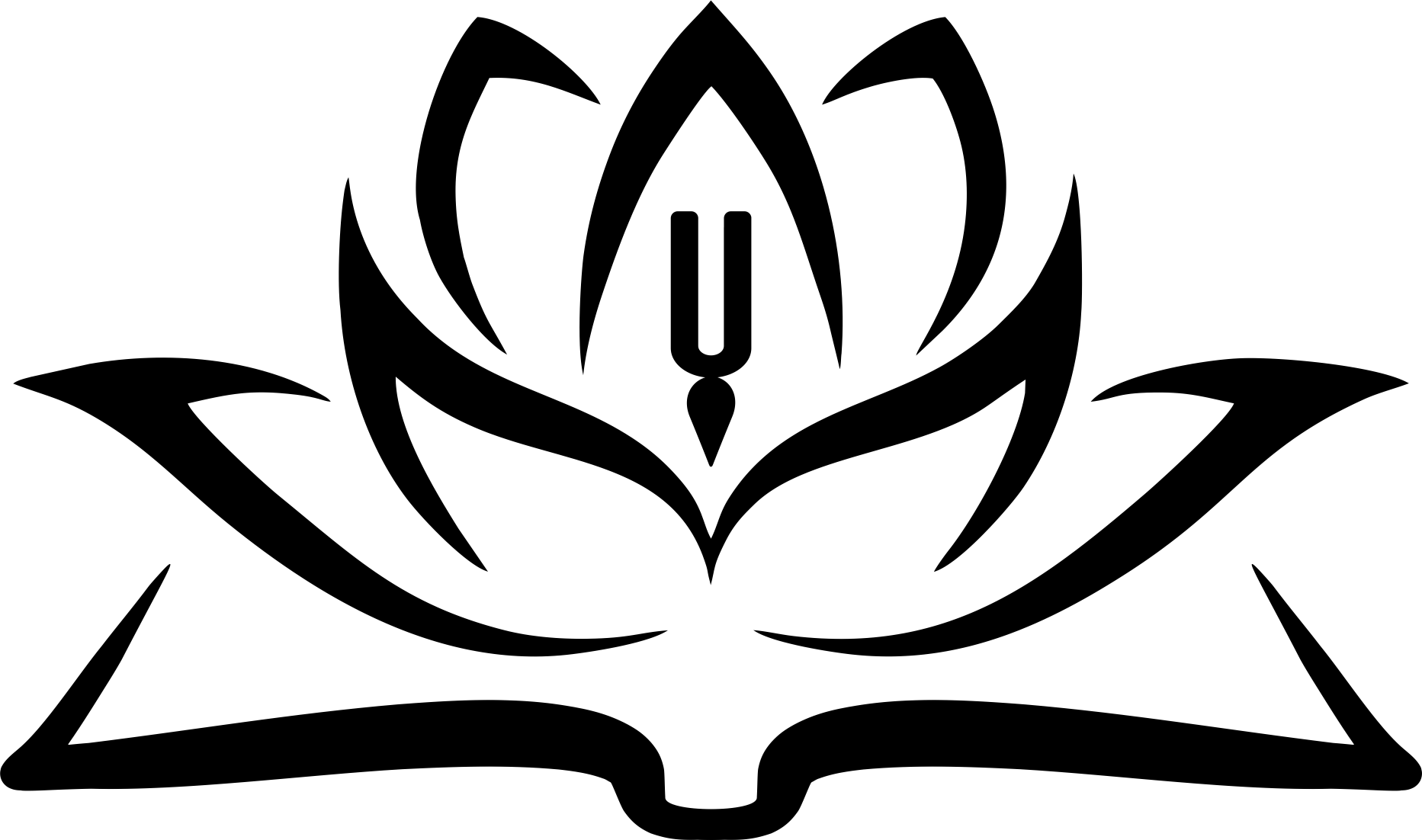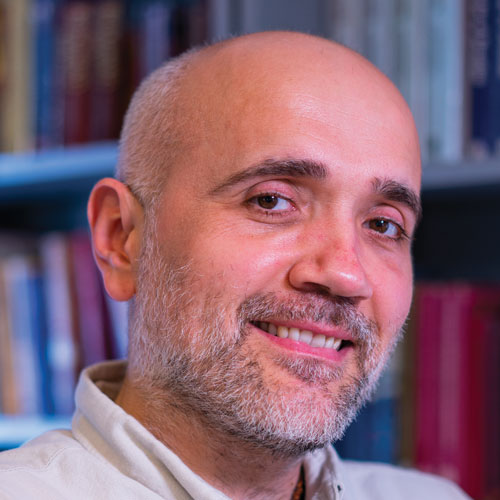Course Summary
ISKCON Disciple Course was developed under the direction of the Guru Services Committee, with the combined efforts of leading educators in ISKCON. It is based on the teachings of Srila Prabhupada and the current ISKCON Law and references the writings of the broader Gaudiya Vaishnava tradition. The lessons include ppt presentations, interactive workshops, forums, quizzes, assessment exercises, and additional videos to help students better understand presented topics and form spiritually healthy, constructive relationships with their gurus and senior Vaishnavas.
Weekly Schedule
This course is made of four weeks of teaching and two additional weeks to prepare for and take the final exam.
A guru represents Krishna and previous acaryas. He is a manifestation of Krishna’s mercy. This lesson is meant to provide an understanding of the position, role, and importance of the various types of gurus. It will help students understand the principles of paramapara by way of contrast with fallacious understandings, such as ritvikvada.
The lesson about Srila Prabhupada aims at helping students understand Srila Prabhupada’s unique position as the preeminent guru in ISKCON for both present and future generations. The lesson about gurus in ISKCON aims at providing an understanding of the role, position, and qualifications of gurus in ISKCON (present and future), with regard for their loyalty to Srila Prabhupada’s teachings and ISKCON’s authority structure. These lessons will also help students develop appropriate attitudes toward gurus in other Gaudiya Vaisnava organizations. Lessons on guru-padasraya and selecting a guru will mainly nurture the students’ devotional relationship with Srila Prabhupada and their own diksa and siksa gurus, through discussions of the relation between Prabhupadasraya and guru-padasraya. A guru’s qualifications will be defined, as exemplified in sastra, and the students will be familiarized with how to examine, select, and develop appropriate relationships with diksa and siksa gurus in ISKCON. These lessons will also prepare students for harinama-diksa, by considering the suitable motivation, time, choice, and qualifications. The regular study of Srila Prabhupada’s books, as an effective way of developing a deep relationship with him, will also be evaluated.
Discussion on the purpose and importance of strictly following initiation vows with relevant references to Srila Prabhupada’s teachings. We will identify challenges encountered in strictly following vows and suggest solutions in rectification, in case they are broken. In the second part, we will familiarize students with the standards for guru-puja and Vyasa-puja (Pancaratra-Pradipa) and prepare them to maintain regular, appropriate worship. Students will reflect on their experiences, such as taking part in a Vyasa-puja celebration. Students will also learn about the relationship between service to a guru and service to the mission of ISKCON (and resolving possible tensions between the two) and balancing every-day duties and obligations with guru-seva, especially according to one’s position in varnasrama. They will be advised on how to appreciate the importance of both vapuh and vani-seva and their interrelationship. Their skills and attitudes for behaving appropriately in the guru’s presence will be nurtured.
We will identify ways in which disciples establish connections to Srila Prabhupada, the guru-parampara, and ISKCON in addition to their connection via diksha. We aim to help students deal with issues in the disciple’s relationship with the guru, with hearing criticism of or rumours about the guru (true or false), and with the guru’s encountering spiritual difficulties or falling down. Also, we will explain correct procedures for lodging complaints in relation to a guru; guru-tyaga, or renunciation of a guru; and arguments for either re-initiation or the appropriate continuation of devotional service in ISKCON. The second part aims to help students appreciate the importance of appropriately presenting their guru within Vaisnava society and to the general public in line with the principles of the Gaudiya Vaishnava tradition, relevant shastric evidence, and current ISKCON Law. In the last part of the course, our focus will be on helping students appreciate the maintenance of cooperative relationships in ISKCON, especially by being mindful of Srila Prabhupada as the foundational guru and unifying leader. We will differentiate between appropriate and inappropriate discrimination on the basis of one’s diksha guru in ISKCON and discuss the consequences arising from it. We identify challenges faced in developing and maintaining cooperative relationships among disciples of different gurus and suggest ways of meeting the challenges. In the end, we will discuss the broad aims and overall topics of the course, sharing our plans to apply the course’s values and principles in the future.
Assessment
All assessment is done online at a time convenient for the student.
Regular course:
Weekly question(s) – answered in the course forum where the interaction with the teacher is happening throughout the course.
Two quizzes – are based on multiple-choice and matching the pairs questions.
Final exam – also based on multiple-choice and matching the pairs questions.
Self-study course:
The self-study mode of studying has a higher threshold for the passing mark – 80% as opposed to 65% for the regular course.
Certificate
Anuttama dasa (ACBSP) has served as ISKCON’s Director of Communications since the early 1990s, when he took over that role from his predecessor, His Holiness Mukunda Goswami who has been both an inspiration and a mentor for him. As International Director, or Minister of Communications, he has traveled much, while being based in Washington, D.C. in America. He has served on the Governing Body Commission or GBC of ISKCON and as GBC Chairperson. He joined ISKCON in 1975 in Denver, Colorado where he served as sankirtan leader and Temple President, before he moved to Washington in 1993, where he lives today with his wife Rukmini dasi.
A colleague of Dinadayal dasa (Dario Knez, BTh, MSc IT, MBA) playfully introduced him as: Alternative – Academic – Artistic – Administrator – not knowing how close this portrayal is to his desired positioning between the world of theory and practice. Dinadayal has been engaged at Bhaktivedanta College since 2004. His IT knowledge and love for sharing bhakti-yoga fructified in 2010 with the Bhaktivedanta College Online Campus. In 2010 he wrote an initial paper on a new degree in business rooted in conscious leadership. The initiative is realised in 2017 with Alfred Ford School of Management’s first intake of MBA students. At Alfred Ford School of Management, Dinadayal serves as Dean of Students.
How To Study Online
4 weeks, forum and quizzes
Regular course (with the teacher):
The course has a scheduled starting and ending date and it lasts 4 weeks in total. It is made of four weeks of teaching and two additional weeks to prepare for and take the final exam.
Each week, on Monday, students get access to different sets of materials and then have that week to go through the materials and do the assignments. All the lectures are pre-recorded and put on our learning platform along with other learning materials. There are no live lectures so students don’t need to be present online at a specific time but can watch the videos and study at their convenience. Students do need to set the time aside to dedicate to the course but it can be at the time that suits them.
Self-study course:
In the self-study mode, students can start and finish whenever they want as they immediately get access to all course materials and there is no deadline until which they have to take the exam. There is also no teacher to ask and clarify questions, nor other fellow students.
Registration
ISKCON Disciple Course can be attended without any prerequisites.
By clicking the enrollment button, you will be required to create a profile on BCOC – Bhaktivedanta College Online Campus (if you don’t have one already) and then proceed with the payment.






